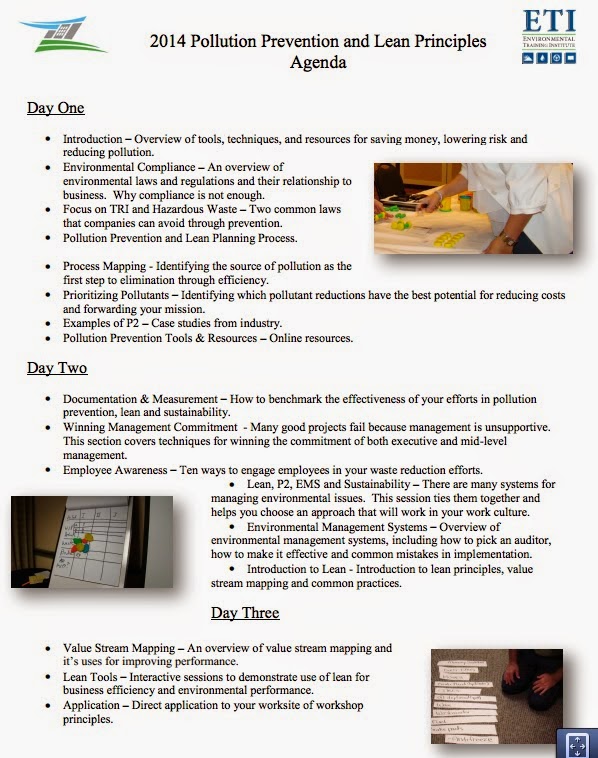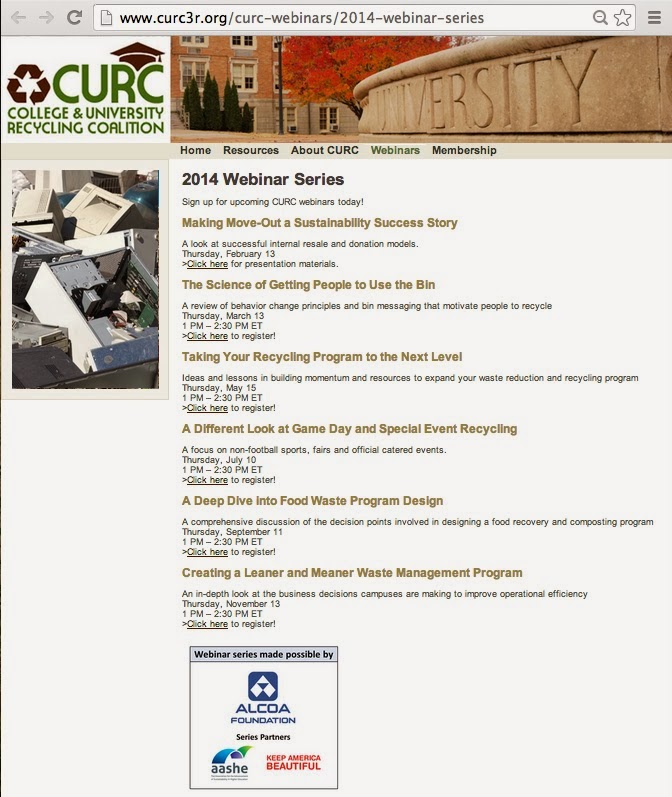Upcoming Recycling Challenges Provide Opportunities for Montana Schools, Deadlines Fast Approaching
Upcoming Challenges Reward Schools for Recycling and Reducing Waste, Deadlines Fast Approaching
Several recycling challenges and competitions offer schools and students opportunities to save money and win awards with recycling programs and events. Recycle Montana lists these competitions at RecycleMontana.org, and can help answer questions about these events or with any recycling challenges schools may have year round.
Montana Schools have done well in recent years. For example, Victor School in Victor, MT won the Recycle-Bowl at the state level 2011 and 2012. West Elementary in Great Falls followed, by winning Recycle-Bowl in 2013. “Recycle Montana hopes even more schools will compete in these challenges this year and that all schools and communities plan to celebrate America Recycles Day on November 15th,” says Mark Nelson, President of Recycle Montana. Schools can visit AmericaRecyclesDay.org for tips and toolkits and submit their events.
Several recycling challenges and competitions offer schools and students opportunities to save money and win awards with recycling programs and events. Recycle Montana lists these competitions at RecycleMontana.org, and can help answer questions about these events or with any recycling challenges schools may have year round.
Montana Schools have done well in recent years. For example, Victor School in Victor, MT won the Recycle-Bowl at the state level 2011 and 2012. West Elementary in Great Falls followed, by winning Recycle-Bowl in 2013. “Recycle Montana hopes even more schools will compete in these challenges this year and that all schools and communities plan to celebrate America Recycles Day on November 15th,” says Mark Nelson, President of Recycle Montana. Schools can visit AmericaRecyclesDay.org for tips and toolkits and submit their events.
The Recycle-Bowl, hosted by Keep America Beautiful, challenges schools to collect as much recycling as possible from October 20 through November 15. Schools must register by October 15th. The Great American Can Roundup challenges schools to collect as many aluminum cans as possible between November 15, 2014 and April 22, 2015. Schools must register by January 16, 2015. RecycleMania challenges colleges and universities to report all trash and recycling generated during an eight-week period. Prizes are awarded based on recycling percentages and overall waste generated. An orientation webinar will be held on November 19. The GameDay Challenge promotes waste reduction at college and university football games. Schools may register until October 14. Applications for the Montana Saving Money and Resources Today (SMART) Challenge remain open until October 30. All of these challenges are linked at RecycleMontana.org or your can call Recycle Montana(406) 461-9106.
In addition to these challenges, Recycle Montana is pleased to announce the adoption of “Don’t Waste Montana,” a campaign developed to help rural communities recycle and conserve resources. Don’t Waste Montana provides the tools for rural communities to save money, conserve natural resources, and keep Montana beautiful for generations to come. The Don’t Waste Montana campaign was developed in Broadwater, Jefferson, and Lewis & Clark Counties through partnerships funded by a USDA grant. The materials developed are now available statewide and can be customized to communities through Recycle Montana at DontWasteMontana.org. The campaign will compliment Recycle Montana educational outreach, which includes visiting schools across the state.
Recycle Montana works to increase recycling in Montana through education and building partnerships between communities, schools and recyclers. In the last three years, Recycle Montana has reached 23,000 students in over 20 counties across Montana. Schools seeking guest lectures can contact Recycle Montana for more information. Visit www.RecycleMontana.org to learn more.
Upcoming School Recycling Challenges and Links:
*The Recycle Bowl, hosted by Keep America Beautiful, aims to invigorate student participation by challenging schools to establish new recycling programs, increase recycling rates, and/or provide educational opportunities about recycling and waste reduction. Schools can register athttp://recycle-bowl.org/ until October 15.
*The Great American Can Roundup (GACR) “is an easy and fun way to raise money and help the environment. Your school, boy and girl scout unit or US Service Academy units, squadrons or companies can earn money by recycling aluminum beverage cans. The proceeds received from recycling can be used to purchase much needed supplies for your school or unit or can be donated to charity.” The Roundup begins November 15 and schools can register until January 15, 2015. For more details visit http://www.cancentral.com/
“RecycleMania is a friendly competition and benchmarking tool for college and university recycling programs to promote waste reduction activities to their campus communities. Over an eight-week period each spring, colleges across the United States and Canada report the amount of recycling and trash collected each week and are in turn ranked in various categories based on who recycles the most on a per capita basis, as well as which schools have the best recycling rate as a percentage of total waste and which schools generate the least amount of combined trash and recycling. With each week’s updated ranking, participating schools follow their performance against other colleges and use the results to rally their campus to reduce and recycle more.” Find out more information about the November 19 orientation webinar at http://recyclemaniacs.org/.
“The GameDay Recycling Challenge is a friendly competition for colleges and universities to promote waste reduction at their football games. During the challenge, colleges and universities implement waste reduction programs during home football games. Schools track and report waste reductions and disposal data that is used to rank the schools.” Find out more before the October 14 registration deadline athttp://gamedaychallenge.org/.
In addition to these national competitions, Governor Steve Bullock and Lt. Governor Angela McLean recently launched the Montana S.M.A.R.T. Schools Challenge. This challenge is “aimed at saving schools money and promoting health by encouraging energy efficiency, conservation, waste reduction, and green practices in K-12 schools across the state.” SMART (Saving Money and Resources Today) features three challenges for competition among schools: Recycling; Energy Savings; and Green Practices. Prizes, grants, and resources are available to schools that choose to participate and apply by October 30. Visit http://governor.mt.gov/Home/
Challenges for K-12 schools include:
· October 15 Keep America Beautiful Recycle Bowl Competition registration deadline
· October 30 Governor’s SMART Recycling Challenge application deadline
· November 15 The Great American Can Roundup begins
Challenges for colleges and universities include:
· October 14 GameDay Challenge registration deadline
· November 19 RecycleMania orientation webinar





